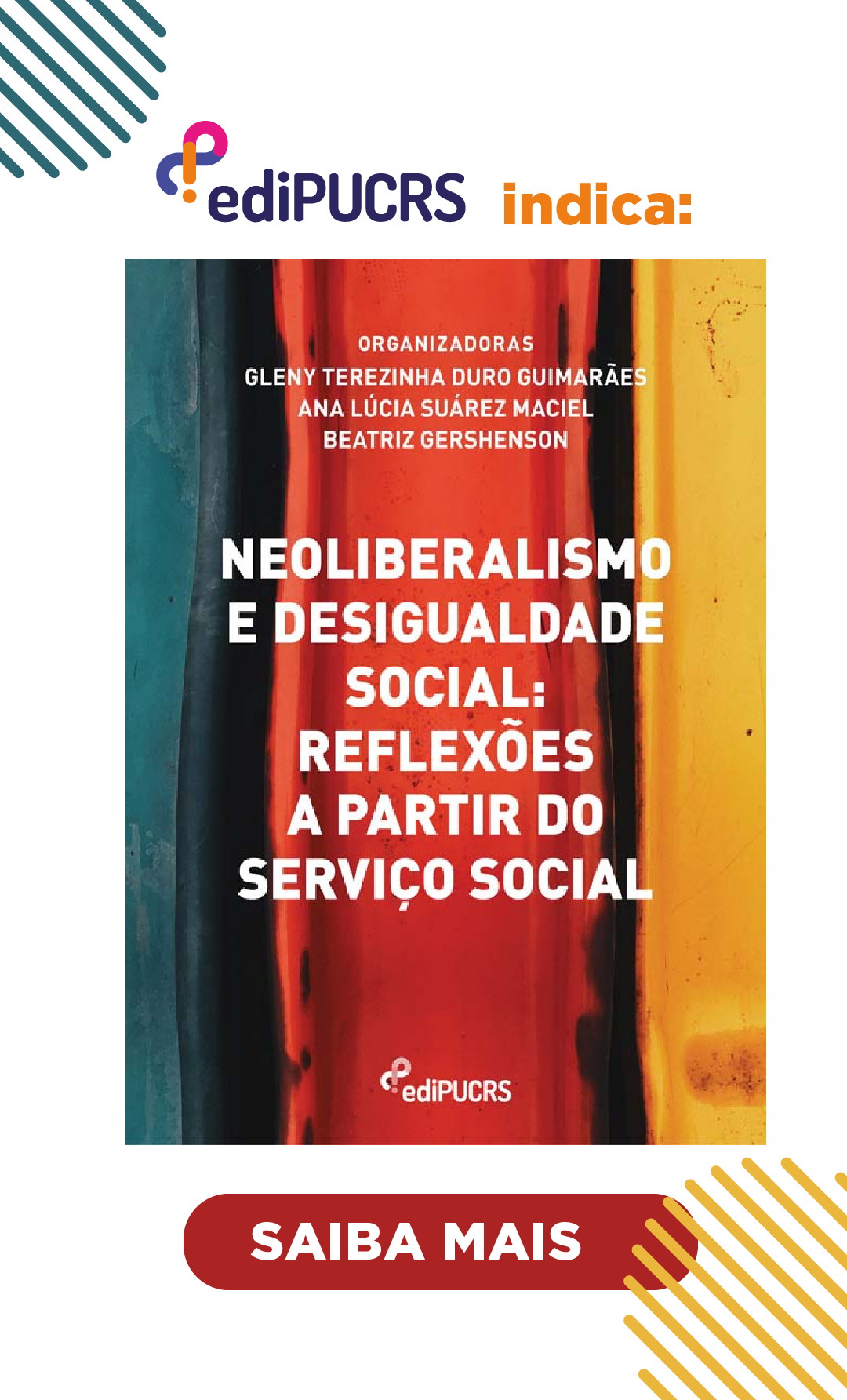Social inequality: development and challenges of Social Work since Reconceptualization in Latin America
Keywords:
Formación profesional. Trabajo Social. Desigualdad social. Reconceptualización. Rupturas.Abstract
This article aims to answer the question: What are the main ruptures that are born out of the Reconceptualization Movement and what are the main debates that have influenced the professional education? To build our answers, we seek to implicate ourselves in the understanding of the “social problematic” or to transcend the “manifestations of social issue”. We pointed out the relationship of social policy with human rights and citizenship to overcome the understanding of simple tools of control, redistribution mechanisms and consumption stimulus, to identify as well the strategic soil of conquests, enlargement and eligibility of social rights. Everything is connected to the ethical, theoretical, political and methodological current debate. The article concludes with some suggestions concerning possible themes, questions or areas of reflection according to our judgment to continue the debate about Social Work in contemporary Latin America.Key-words: Professional formation – Social Work – Social inequality. Reconceptualization. Ruptures.
Downloads
Downloads
Published
How to Cite
Issue
Section
License
Copyright
The submission of originals to Textos & Contextos (Porto Alegre) implies the transfer by the authors of the right for publication. Authors retain copyright and grant the journal right of first publication. If the authors wish to include the same data into another publication, they must cite Textos & Contextos (Porto Alegre) as the site of original publication.
Creative Commons License
Except where otherwise specified, material published in this journal is licensed under a Creative Commons Attribution 4.0 International license, which allows unrestricted use, distribution and reproduction in any medium, provided the original publication is correctly cited.





